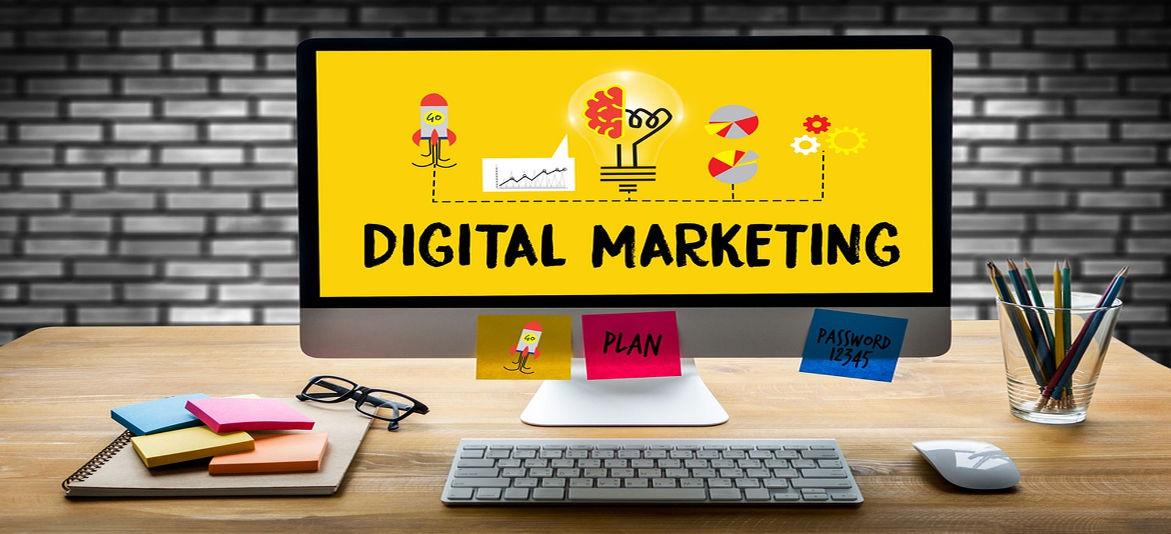
Duration: A digital marketing course typically spans 6 to 12 weeks, depending on the depth and comprehensiveness of the course.
Daily Hours of Class: Participants are generally required to attend 1-2 hours of classes daily, with additional time for assignments, projects, and self-study.
Who Can Do This Course: The digital marketing course is designed for marketing professionals, business owners, entrepreneurs, students, and anyone interested in learning about online marketing. While no prior experience in digital marketing is required, basic computer skills are essential.
Benefits of Doing This Course:
- Comprehensive Knowledge: Gain a thorough understanding of various digital marketing components and how they work together.
- Hands-On Experience: Acquire practical skills through real-world projects and case studies.
- Enhanced Career Opportunities: Gain a competitive edge in the job market with valuable digital marketing skills.
- Business Growth: Learn how to use digital marketing to grow your business or brand.
- Diverse Career Paths: Open doors to various career options within digital marketing.
Introduction to Digital Marketing
- Understanding the digital marketing landscape.
- Overview of key components: SEO, SEM, social media, email marketing, content marketing, etc.
- Importance of digital marketing in the modern business environment.
- Understanding the customer journey and digital marketing funnel.
Search Engine Optimization (SEO)
- Fundamentals of SEO and its role in digital marketing.
- On-page and off-page SEO techniques.
- Using SEO tools for keyword research, tracking, and analysis.
Search Engine Marketing (SEM)
- Basics of SEM and pay-per-click (PPC) advertising.
- Setting up and managing Google Ads campaigns.
- Bidding strategies, keyword targeting, and ad copy optimization.
Social Media Marketing
- Overview of popular social media platforms (Facebook, Instagram, Twitter, LinkedIn, Pinterest, YouTube, etc.).
- Developing effective social media campaigns.
- Social media advertising and targeting options.
Content Marketing
- The importance of content in digital marketing.
- Creating engaging content for blogs, websites, infographics and social media.
- Developing a content marketing strategy and content calendar.
Email Marketing
- Fundamentals of email marketing and list building.
- Crafting effective email campaigns.
- Measuring email marketing success through metrics like open rates and click-through rates.
Conversion Rate Optimization (CRO)
- Understanding conversion and its significance in digital marketing.
- Techniques for improving website conversion rates.
- Using A/B testing to optimize landing pages and calls-to-action (CTAs).
Analytics and Data-Driven Marketing
- Using tools like Google Analytics to measure campaign performance.
- Key metrics for digital marketing success (traffic, engagement, conversions, etc.).
- Creating comprehensive reports and insights for stakeholders.
Digital Marketing Strategy and Planning
- Developing a digital marketing strategy aligned with business goals.
- Integrating various digital marketing channels for a cohesive strategy.
- Setting SMART goals and measuring marketing ROI.
- Creating a digital marketing plan and setting measurable objectives.
Advanced Digital Marketing Techniques
- Exploring emerging trends in digital marketing (e.g., AI, chatbots, voice search).
- Leveraging marketing automation tools.
- Examining case studies of successful digital marketing campaigns.
- Using advanced data analysis for personalized marketing.
After completing a digital marketing course, participants can explore various career paths, including:
- Digital Marketing Specialist: Managing digital marketing campaigns and strategies for clients or employers.
- SEO Specialist: Focusing on search engine optimization and improving website visibility.
- Social Media Manager: Managing social media accounts and campaigns.
- Content Marketing Strategist: Creating content strategies to drive engagement and conversions.
- Email Marketing Specialist: Designing and managing email marketing campaigns.

